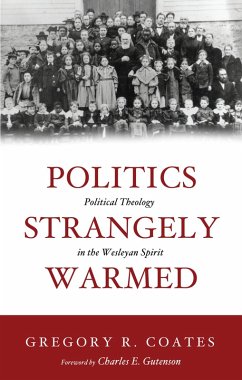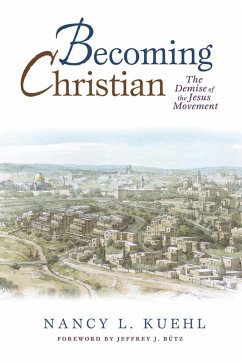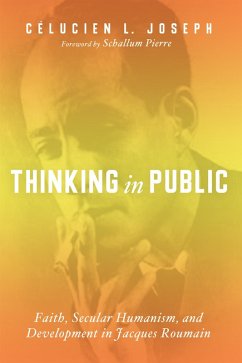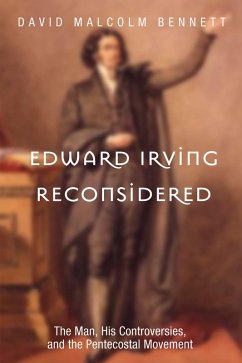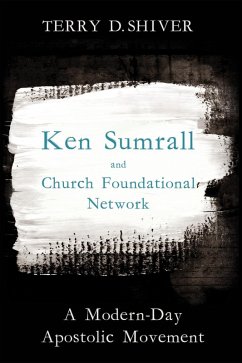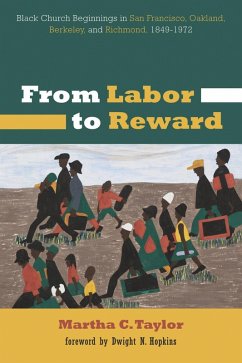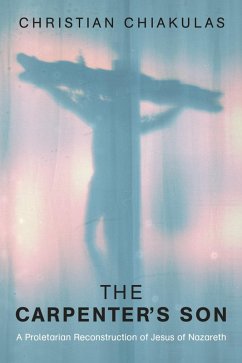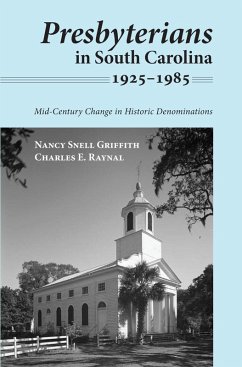
Presbyterians in South Carolina, 1925-1985 (eBook, ePUB)
Mid-Century Change in Historic Denominations
Versandkostenfrei!
Sofort per Download lieferbar
17,95 €
inkl. MwSt.
Weitere Ausgaben:

PAYBACK Punkte
9 °P sammeln!
The history of South Carolina Presbyterians between 1925 and 1985 covers a period of great development achieved through many difficulties in church and society. We tell the story not only of the churches belonging to the PCUS, sometimes called "southern Presbyterians," but also African-American churches and institutions in South Carolina established after the Civil War by PCUSA missionaries from the North. For all Presbyterians, events between the World Wars challenged the moral stances birthed by Protestants to build a Christian America. Women's right to vote came to the nation in 1920, but c...
The history of South Carolina Presbyterians between 1925 and 1985 covers a period of great development achieved through many difficulties in church and society. We tell the story not only of the churches belonging to the PCUS, sometimes called "southern Presbyterians," but also African-American churches and institutions in South Carolina established after the Civil War by PCUSA missionaries from the North. For all Presbyterians, events between the World Wars challenged the moral stances birthed by Protestants to build a Christian America. Women's right to vote came to the nation in 1920, but claiming equality of women's roles in mainline churches took decades of advocacy. The Great Depression engulfed the whole nation, eroding funds for churches, missions, and institutions. World War II set the scene for a great period of church expansion. When moral and cultural challenges came from the Civil Rights Movement and the war in Vietnam, the church increasingly began to face these issues and tensions, both theological and social, as they arose among the members of historic denominations. An effort began to reintegrate African-American churches into the Synod of South Carolina. As the Synod of South Carolina was taken up into a larger regional body in 1973, its more conservative churches began to withdraw from the PCUS. Many congregations began to shrink and the resources for mission diminished. In telling this story we hope to provide insights into how Presbyterians in South Carolina contributed to culture, connecting their religious life and practices to a larger social setting. May a fresh look at the recent past stir us to renewal ahead.
Dieser Download kann aus rechtlichen Gründen nur mit Rechnungsadresse in A, D ausgeliefert werden.




